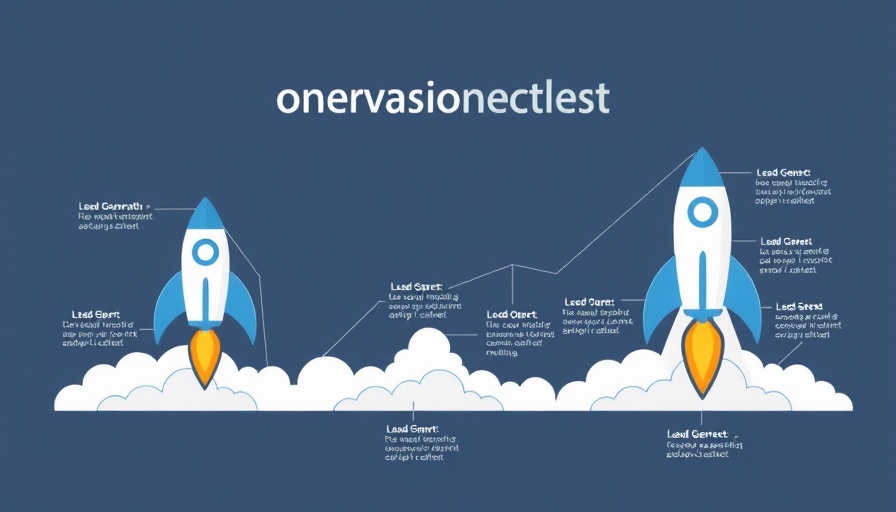
Understanding the Impact of Outsourcing on Healthcare Supply Chains
In today’s rapidly evolving healthcare landscape, the role of outsourcing has emerged as a transformative strategy, reshaping supply chain management. Healthcare organizations face mounting pressures such as increasing operational costs and the demand for higher efficiency. This article explores how outsourcing not only addresses these challenges but also enhances overall operational effectiveness.
Key Drivers of Outsourcing in Healthcare
Outsourcing in healthcare is driven by several critical factors, including the need for specialized expertise, cost management, and improved efficiency. Organizations can leverage external partners to tap into specific areas of expertise that may not be feasible in-house. For example, organizations often outsource logistics and procurement services to firms specializing in these domains, allowing healthcare providers to focus on their core mission of delivering quality patient care.
Strategic Benefits of Outsourcing in Supply Chain Management
Outsourcing has displayed a multitude of strategic benefits for healthcare supply chains. It enhances flexibility, enabling healthcare facilities to adjust their supply inputs swiftly in response to fluctuations in demand. Additionally, it often results in cost savings, as organizations can avoid the financial burden associated with maintaining a large inventory and workforce.
Trends Shaping Outsourcing in Healthcare
The healthcare outsourcing landscape is evolving, marked by significant trends that are reshaping how services are delivered. Strategic partnerships with technology providers have become increasingly common, as organizations seek to integrate advanced technologies such as AI and machine learning into their operations. This integration is particularly beneficial for data management and analytics, empowering organizations to make more informed decisions.
Risks and Challenges: Navigating the Outsourcing Landscape
While the benefits of outsourcing are compelling, it is essential to consider the inherent risks. Potential challenges include the loss of control over quality standards, data security concerns, and the complexity of managing relationships with multiple outsourcing partners. Organizations must implement robust governance structures and performance metrics to manage these risks effectively.
Actionable Insights for Healthcare Professionals
Healthcare executives must strategically assess their own operations to determine where outsourcing may provide value. Here are a few actionable insights:
- Conduct a Cost-Benefit Analysis: Before outsourcing, analyze the potential financial implications, including hidden costs associated with integrating external providers.
- Focus on Core Competencies: Outsource non-core functions to free up resources for internal teams to focus on patient care and innovation.
- Implement Robust Vendor Management: Develop thorough contracts and regular evaluation processes to monitor quality and compliance with service level agreements.
Conclusion: The Future of Healthcare Supply Chain Outsourcing
As the healthcare sector continues to confront unprecedented challenges, the demand for outsourcing will likely increase. By embracing strategic outsourcing, healthcare organizations can improve agility, reduce costs, and ultimately enhance patient care. Decision-makers must remain vigilant and adaptable, continuously assessing both opportunities and risks associated with outsourcing.
For healthcare organizations looking to optimize their supply chain management through outsourcing, it is essential to embrace innovative strategies and cultivate strong partnerships. By doing so, they will not only position themselves for current challenges but also thrive well into the future.
 Add Row
Add Row  Add
Add 




Write A Comment